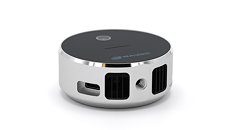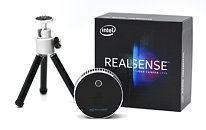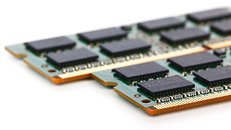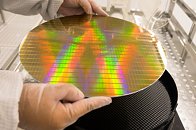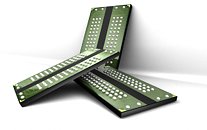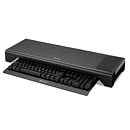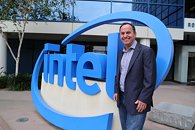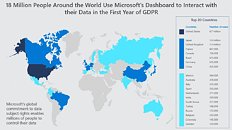
Intel RealSense Lidar Camera Technology Redefines Computer Vision
Today, Intel announced the Intel RealSense lidar camera L515, the world's smallest and most power-efficient, high-resolution lidar that captures millions of depth points per second. Designed with proprietary technology that creates entirely new ways to incorporate lidar into smart devices to perceive the world in 3D, the L515 provides high-quality performance and millimeter accuracy to products that require vision capabilities.
"Intel RealSense technology is used to develop products that enrich people's lives by enabling machines and devices to perceive the world in 3D. With the L515 depth camera, we are excited to bring high-resolution lidar performance to markets previously inaccessible to this technology."
-Sagi BenMoshe, corporate vice president, Intel RealSense Group
"Intel RealSense technology is used to develop products that enrich people's lives by enabling machines and devices to perceive the world in 3D. With the L515 depth camera, we are excited to bring high-resolution lidar performance to markets previously inaccessible to this technology."
-Sagi BenMoshe, corporate vice president, Intel RealSense Group
